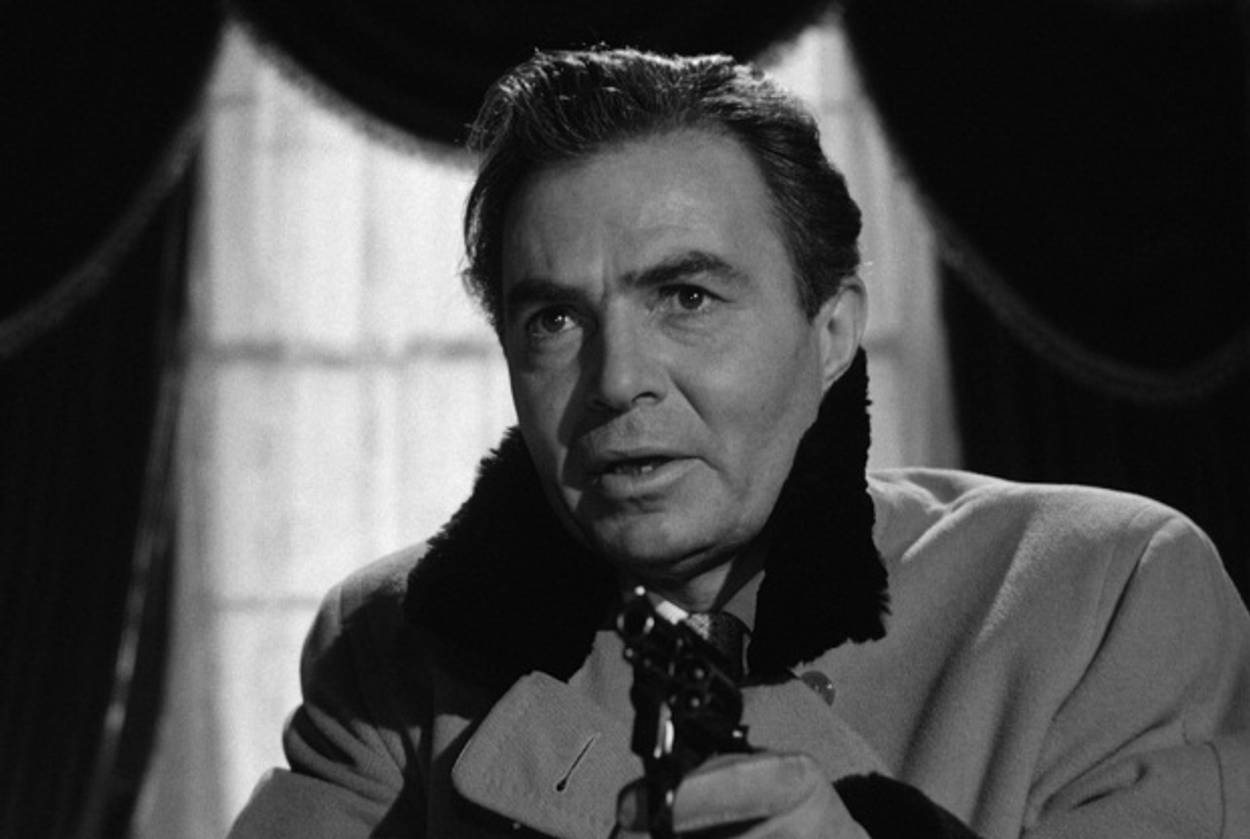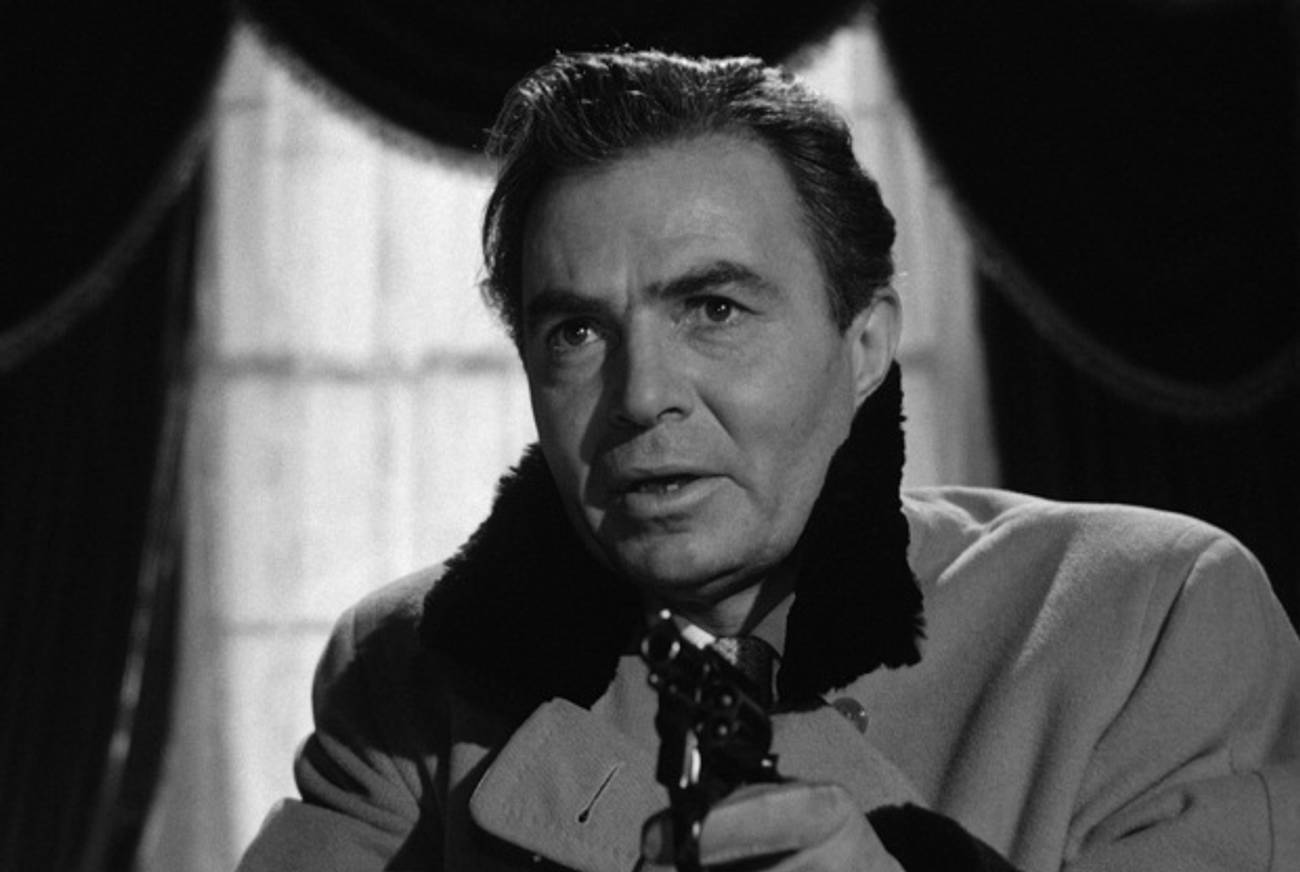The Jewishness of ‘Lolita’ and Humbert Humbert
Putting Lolita‘s famous creep through an exegesis




The New York Review of Books has a lengthy piece in their upcoming issue (h/t Marc Tracy) that asks a serious question: Is Humbert Humbert, the stuffy, troubled hebephiliac from Vladimir Nabokov’s Lolita Jewish? Okay, it asks many questions, it is a characteristically lengthy peer at four new books about/by Nabokov. One of the books is Andrea Pitzer’s The Secret History of Vladimir Nabokov in which the theory is posited.
The answer is not obvious. Of course it isn’t. But the evidence is compelling.
Is Humbert Humbert Jewish? The word “Jew” and its cognates never occur in Lolita, but it is almost said on a number of occasions. Several characters assume Humbert is Jewish. John Farlow, at the end of Chapter 18, Part I, complains of the fact that Ramsdale has too many Italian tradespeople, adding, “but on the other hand we are still spared—,” at which his wife Jean, suspecting that Humbert is Jewish and not wanting him to be offended, tactfully interrupts her blundering spouse. (In the Russian translation that Nabokov made of the book, John clearly begins to say the word “kikes.”)
A classmate of Lolita’s, Irving Flashman—originally Fleischman?—is pitied by Humbert for reasons initially obscure, but explained by Nabokov to the book’s annotator, Alfred Appel Jr.: “Poor Irving, he is the only Jew among all those Gentiles. Humbert identifies with the persecuted.” Humbert, and Nabokov, have much grim fun with the anti-Semitic policy of the hotel the Enchanted Hunters, whose notepaper declares, NEAR CHURCHES and NO DOGS, code for “Gentiles only”: perhaps, Humbert muses, the “silky cocker spaniel” Lolita had petted on their visit to the hotel had been “a baptized one.” And when Humbert’s name on a postcard requesting a room at the hotel is misread as the Jewish-sounding Professor Hamburg, he receives a “prompt expression of regret in reply. They were full up.”
Pitzer’s theory includes more on the influence of Nazi propaganda and The Protocols of the Elders of Zion in the construction of a character not much different, as Mark Ford explains, than how “Chaucer draws on medieval misogynist writings to create in the figure of the Wife of Bath the archetypal shrew of his male audience’s nightmares.”
It’s a fun read, if you trust this narrator.
Is Humbert Humbert Jewish? [NYRB]
Adam Chandler was previously a staff writer at Tablet. His work has appeared in the New York Times, the Wall Street Journal, the Atlantic, Slate, Esquire, New York, and elsewhere. He tweets @allmychandler.